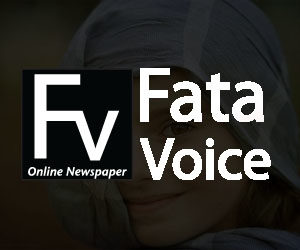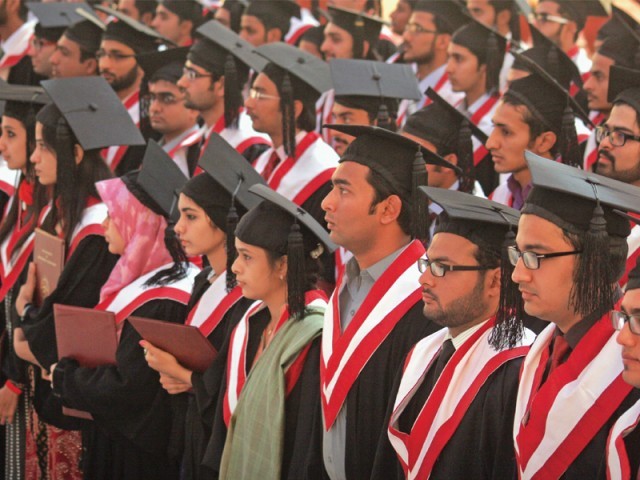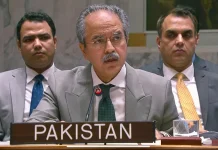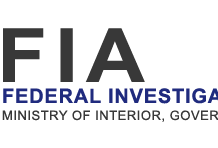By Ashrafuddin Pirzada
PESHAWAR: A large number of overseas Pakistanis and foreign nationals have expressed serious concerns over what they describe as outdated and impractical requirements for admission to MBBS and BDS programmes in Pakistan. The primary issue revolves around the continued requirement of SAT-II scores, despite the exam having been officially discontinued by the US-based College Board in 2021.
Engineer Naeem Shamsher, Chairman of the Pakistan Canada Professional Association in Cambridge, Ontario, and Engineer Dr Ashfaq from Alberta Transportation in Edmonton, Canada, have drawn the attention of the Prime Minister to the matter. In a joint statement, they urged the government to revise the existing admission policy under the Pakistan Medical and Dental Council (PM&DC).
According to the PM&DC’s Medical and Dental Undergraduate Education (Admission, Curriculum and Conduct) Policy, issued on July 13, 2023, overseas Pakistani and foreign students may apply through SAT-II scores as an alternative to the Medical and Dental College Admission Test (MDCAT). However, educationists argue that the SAT-II exam no longer exists and has been replaced globally by the SAT (Scholastic Aptitude Test), which is widely accepted by universities across the United States, Canada, and other countries.
Critics of the current policy point out that requiring students to appear in the MDCAT exam—which is held only in Pakistan and a few select locations such as Saudi Arabia—places an undue financial and logistical burden on families living abroad, particularly in North America, the Middle East, and South Asia.
They argue that this constraint has resulted in the underutilization of reserved seats for overseas Pakistanis and foreign students, leading to both lost educational opportunities and revenue shortfalls for Pakistan’s medical colleges.
“SAT testing centres are readily available across Canada, the US, and many other countries. Allowing SAT scores in place of SAT-II would make the application process far more accessible and efficient for overseas students,” said Engr. Naeem Shamsher.
The stakeholders have appealed to the Prime Minister to issue directives to the PM&DC to revise its admission policy ahead of the 2025–26 academic session and formally allow the SAT to be accepted for medical and dental college admissions.
They maintain that such a policy shift would not only ensure full utilization of overseas quotas but also support Pakistan’s medical education sector by increasing foreign remittances and strengthening the country’s reputation as a destination for quality medical training.
The proposal has been welcomed by educationists and Pakistani communities abroad, who are now urging the government to act swiftly and remove a barrier that is keeping qualified students from contributing to Pakistan’s healthcare system.












